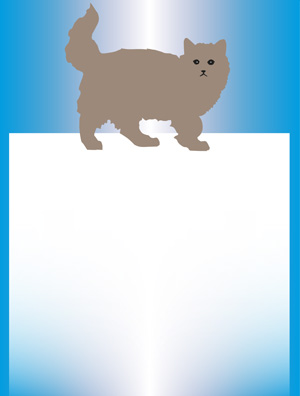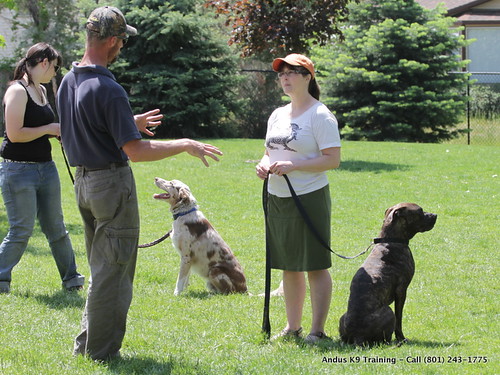Training A New Puppy, The Good And The Bad.
January 3rd, 2015 by admin
The day your new puppy comes home with you will be filled with joy. Shortly thereafter, that enjoyment sometimes turns to irritation and possibly even regret. You may wonder how you got into this situation as your puppy delays becoming house trained. When your dog is properly trained, it’s much easier to rekindle the joys of your relationship. In this article we’re going to go over some of the tips of the trade in training man’s best friend.
When you correct your dog verbally, those corrections should be short and focused on the behavior. Never ramble on about the dog’s failures. Say NO and redirect your dog to the desired behavior. Also speak with authority so they understand you mean business.
Make sure that you use control to reward your dog’s good training behavior. If your pet successfully completes a task, then reward him only if he/she is calm. You might be happy about the progress your dog has made but you need to quell your excitment. Stay calm and expect the same from your puppy.
If you intend to use a crate in canine training, make sure the crate is an appropriate size for your dog. Keep in mind that they get larger as they age. Select a crate that is large enough for them to fit in when they are older. Your dog should have ample space to turn around inside the crate, as well as lay comfortably.
Training your pet to roll over very easy. Just remember to have treats in hand. First, have your pet to lay down. Afterward, bring the treat above the dogs head and follow over to their other side. He will probably follow the treat, rolling side to side as it moves. Whenever your dog does actually roll over, say “roll over” out loud. Repeating this over time forms a mental association in your dog’s mind that eventually causes him to roll over on command. It may take a while to get to this point, but you will be pleased if you stick with it. It’s an impressive trick.
A consistent schedule of feeding and potty-time is very important when house training your dog. This gives you important forehand knowledge to prevent accidents and your dog an association of cause and effect to follow. A schedule will train your dog to know when he will get to go out next.
Acclimate your dog to the source that triggers his barking fits. A variety of things can cause this, whether other animals, unknown people or specific sounds. Your dog will understand that there is no need to bark in these situations.
You have to train your dog not to bark when you don’t want them to. Show the dog a treat as incentive, then repeat the command until they obey it. When your dog quits barking, offer him the treat. As time passes your dog will understand that his incessant barking is not allowed.
Patience, commitment and love go into training your dog success. The advice provided above will help you get on the right track towards having a solid relationship with your dog for many years. Although it will take time, consistent training will result in more contentment for both you and the dog.
Avail the prospect to know more about our companies by browsing our  internet site .
internet site .
- Comments Off on Training A New Puppy, The Good And The Bad.
- Posted in Dog Training

